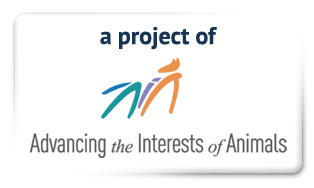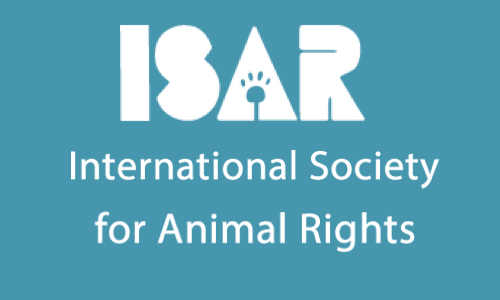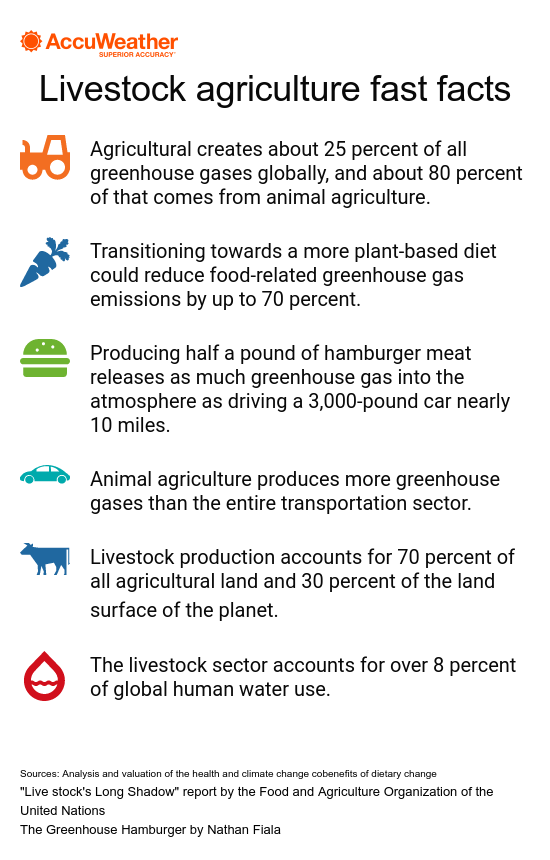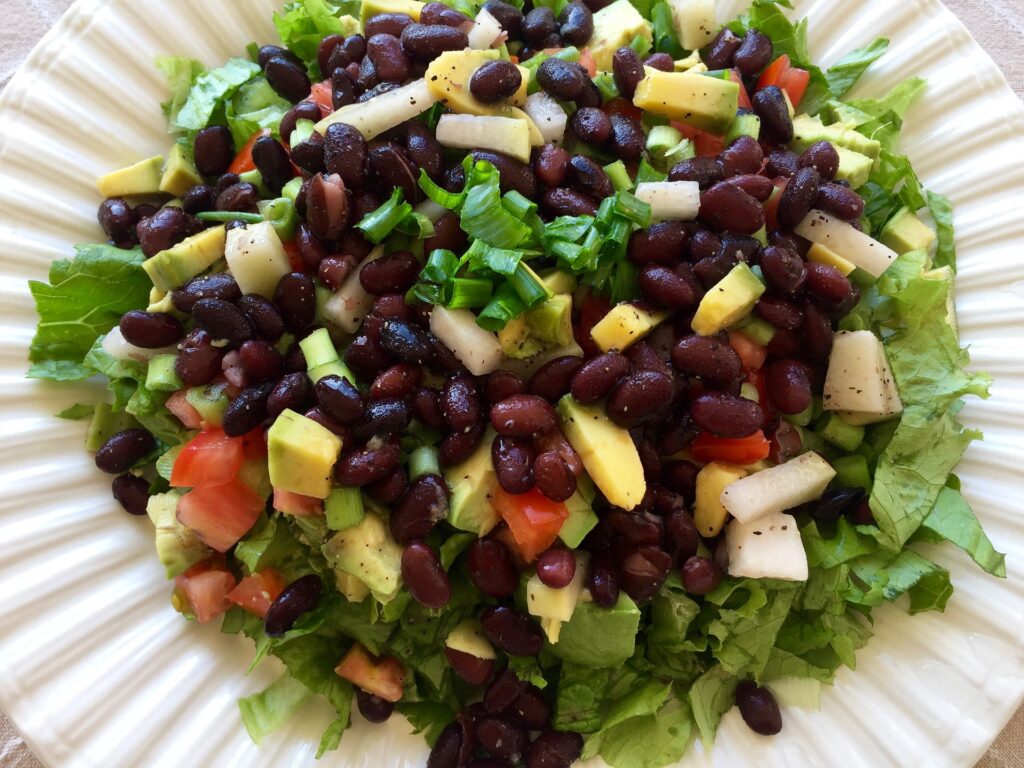Podcast: Play in new window | Download
Subscribe: RSS
Can climate catastrophe be averted?
In this show, we welcome Professor Richard Schwartz, Ph.D., to discuss whether a looming climate catastrophe be averted. He discusses the pressing issue of climate change, and how the widespread adoption of vegetarian and vegan diets are key to literally saving the earth.
Vegan and vegetarian diets are not just the latest trend. According to climate experts, these diets could actually help mitigate the effects of climate change.
Transitioning towards a more plant-based diet could reduce food-related greenhouse gas emissions by up to 70 percent, according to the Proceedings of the National Academy of Sciences of the United States of America.
Richard has been advocating for vegetarian and vegan diets for many years, both in his role as the President Emeritus of Jewish Veg and now as an independent author and commentator. He was early to point out the harm caused to the environment by modern industrial agriculture and has continued to be a strong voice for environmental protection and against animal cruelty.
Richard is Professor Emeritus, College of Staten Island, and the author of Judaism and Vegetarianism, Judaism and Global Survival, Mathematics and Global Survival, and Who Stole My Religion? Revitalizing Judaism and Applying Jewish Values to Help Heal Our Imperiled Planet, and over 250 articles at JewishVeg.org/schwartz
He is President Emeritus, Jewish Veg, formerly Jewish Vegetarians of North America (www.JewishVeg.org);
Richard has appeared as an Animals Today guest a number of times: 2012, 2012 with Frank Hoffman, 2013, 2014, and 2016.

Richard Schwartz





Many thanks, Lori and Peter, for permitting me to be on your wonderful program once again. Your program is so important especially now, with animal-based diets having devastating effects on human health and the environment. Animal-based agriculture is a amor contributor to climate change, so it is essential that there be a major decrease in meat consumption in order to have a chance to avert a climate catastrophe.